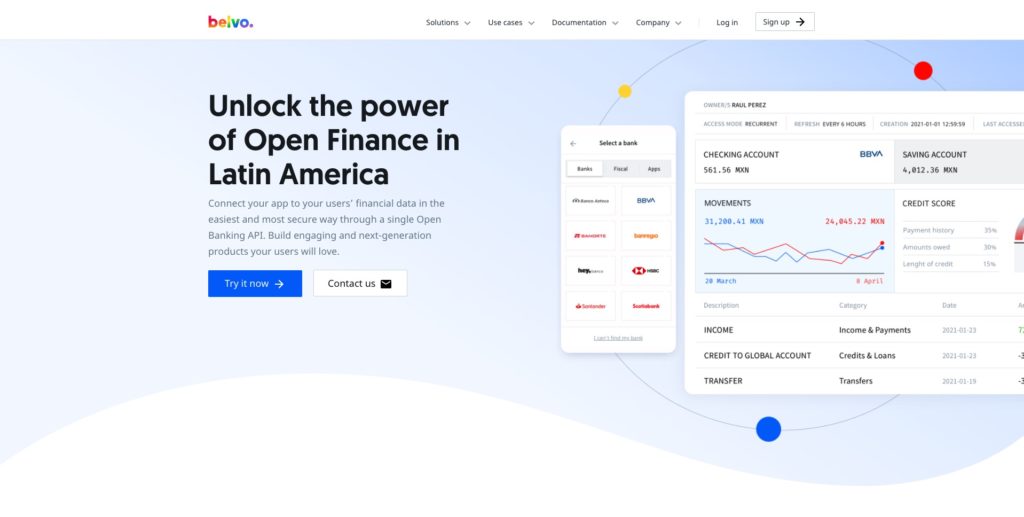
For several years now, there has been a rise in the number of digital banks taking on traditional banks, vying for a share of their client base. In the past couple of years, however, we’ve seen a slight twist in this trend.
These digital banks are taking personalization to the next level, and many have launched with the purpose of fulfilling the unique needs of niche subsets of the population that each share similar needs and struggles. Notably, these digital newcomers are generally not a solution looking for a problem; they are truly meeting unmet needs of previously ignored client bases.
Built for “x”
There are endless examples of these digital banks built for “x.” However, here are a few that Nymbus Board of Directors Member Rilla Delorier highlighted in her keynote at FinovateSpring:
- Sable, banking services for immigrant employees and international students who may lack a social security number
- Hitched, an app that helps newlyweds manage their funds together
- Convoy, payment and money management services to meet the needs of long-haul truckers
- Blueprint, banking services for contractors
- Gig Money, money management tools to help gig workers smooth cash flow
- Access, a banking platform that provides capital to black-owned businesses
This concept of niche banking isn’t new. Many community banks and credit unions launched to serve unique populations such as teachers and military families, but have since expanded their membership to serve the needs of a broad population. The continuous call for personalized products and services in the banking sector, however, combined with the lack of action from traditional banks, has inspired a new rank of fintech nerds to develop and launch not just clique-specific services, but clique-specific banks.
Sticking power
These newcomers have struck a nerve with users, especially those who were previously underserved. That’s because they not only make banking products accessible, they do so in a language that each unique consumer group understands. For example, the website may provide multiple language options or leverage visual/video tools to better communicate with customers from different backgrounds.
Furthermore, digital banks are providing products and services tailored to the unique needs of these groups. If the customer base notoriously struggles with making ends meet, for example, the bank might offer an early pay option that fronts their paycheck a week-or-so in advance. Or, in an example of a gig worker-specific bank, the bank may provide a tool that helps smooth out the user’s cashflow to ensure they don’t overspend on a month when their income is higher than average.
This segmentation goes beyond what traditional banks, who serve users based on geography, have previously offered. “If you think about defining community based on geography, where you live doesn’t really determine what your financial needs are,” Delorier explained in her keynote.
Given this hyper-personalization, expect that this new form of digital banking is here to stay. That said, traditional banks still have a the opportunity to stay in the game.
How it will work alongside traditional banks
What should the role of traditional banks be amid all of this? In short, the answer is that banks will be expected to collaborate with new digital banks and standalone technology providers. As Alyson Clarke, Principal Analyst and Forrester Research said in her presentation at FinovateSpring, “In the era of open finance, no bank will succeed alone.”
Banks need to become comfortable with collaboration, partnerships, and coopetition. Clarke recommends that banks build multiple routes to market, partner where they are weak, and specialize in what they are good at. “What we do know is that most banks will have a stark choice: own customers or power finance. But in the future, few will do both,” Clarke concluded.
What will traditional banks’ response be?
Both Delorier and Clarke recommend banks do one thing: rethink. That is to say, banks should rethink their digital transformation, rethink policies and procedures around credit decisioning and membership criteria, and rethink customers and markets.
What this looks like will vary among organizations, but banks can start by conducting research to discover unmet customer needs, incorporating diversity into their workforces in order to represent a wider range of customer segments, and leveraging technology partners.
“It’s not about following your established business models and delivering digital technology with agility. That’s not good enough anymore,” said Clarke. “You have to rethink customers and markets, rethink your consumers and what they need and invest ahead of that change to be more responsive.”
Photo by Kampus Production from Pexels

























